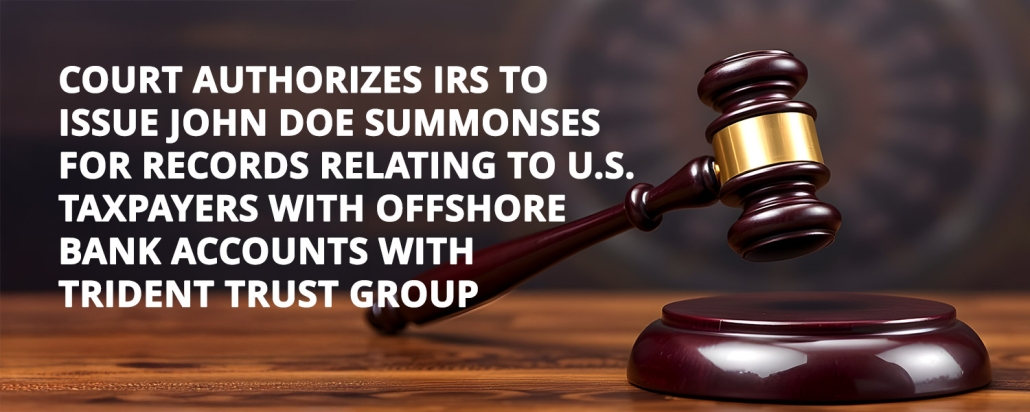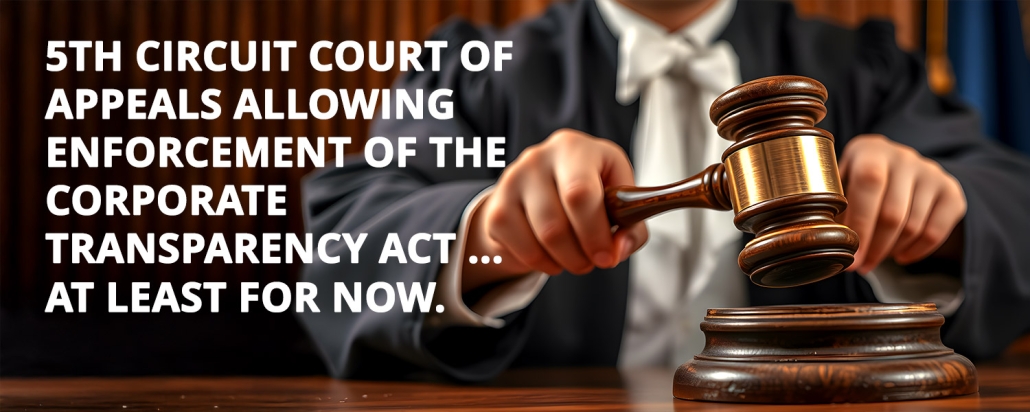Employment And Payroll Taxes
The employer that you worked for or are currently working for has been delinquent in paying its employment taxes to the IRS. To the extent that these taxes represent that portion withheld from the employees’ wages (i.e., trust fund taxes), the IRS can assess and seek collection from “responsible persons” in their individual capacity the amount of the unpaid trust fund taxes. Such liability is referred to by the IRS as Trust Fund Recovery Penalty (“TFRP”). Similar to the IRS’ wage garnishment actions for delinquent taxes, when the IRS assess a TFRP, it can take file a federal tax lien or take seizure actions. Clearly, TFRPs should be treated as serious IRS tax problems.
Under a TFRP, potential persons who can be held responsible for and required to settle back taxes can be officers, partners, corporate directors, shareholders or employees of a business organization. If the IRS has classified you as a responsible person, you will be held jointly and severally liable for the outstanding trust fund taxes. The business does not have to have stopped operating in order for the liability to be assessed on you.
The TFRP may be assessed against any person who is responsible for collecting or paying withheld income and employment taxes, or for paying collected excise taxes, and willfully fails to collect or pay them.
A responsible person is a person or group of people with the duty to perform and the power to direct the collecting, accounting, and paying of trust fund taxes. This person may be:
- an officer
- an employee of a corporation,
- a member or employee of a partnership,
- a corporate director or shareholder,
- a member of a board of trustees of a nonprofit organization,
- another person with authority and control over funds to direct their disbursement, or
- another corporation.
For willfulness to exist, the responsible person:
- Must have been, or should have been, aware of the outstanding taxes and either intentionally disregarded the law or was plainly indifferent to its requirements (no evil intent or bad motive is required).
- Using available funds to pay other creditors when the business is unable to pay the employment taxes is an indication of willfulness.
Figuring the TFRP Amount
The amount of the penalty is equal to the unpaid balance of the trust fund tax. The penalty is computed based on:
- The unpaid income taxes withheld, plus
- The employee’s portion of the withheld FICA taxes.
Assessing the TFRP
If the IRS determines that you are a responsible person, the IRS will provide you a letter stating that it plans to assess the TFRP against you. You have 60 days after the date of the letter to get help paying IRS debt and appeal the determination by filing a Tax Protest. Your case would then be assigned to an Appeals Officer for review. If you do nothing or fail to timely file a Tax Protest, the IRS will assess the penalty against you and send you a Notice and Demand for Payment. Thereafter, as previously noted, the IRS can take collection action against your personal assets, including filing a federal tax lien, enacting a tax levy, or taking seizure action.
By allowing us to analyze your situation and determine the best course of action, we should be able to formulate a strategy to settle this liability. For many taxpayers, this typically leads to an Offer in Compromise.
For prompt evaluation of your case, we encourage you to contact us. You may also contact us using our toll-free number at 866.494.6829














 Follow
Follow Follow
Follow